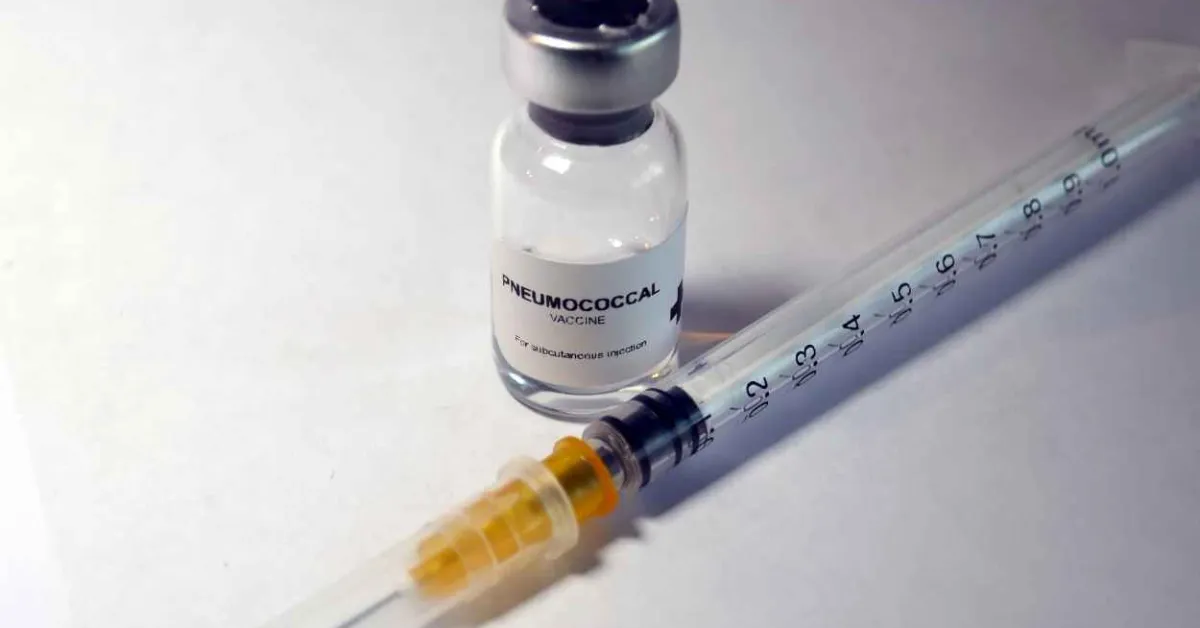Pfizer announced positive top-line results from its pivotal E.U. Phase 3 study in infants (NCT04546425) evaluating its 20-valent pneumococcal conjugate vaccine candidate (20vPnC) for the prevention of invasive pneumococcal disease (IPD), pneumonia, and acute otitis media caused by the 20 Streptococcus pneumoniae (pneumococcus) serotypes contained in the vaccine for the pediatric population.
The study had three coprimary outcomes, associated with immunogenicity responses one month after the second and third doses of a three-dose vaccination series given at approximately 2, 4, and 11-12 months of age of 20vPnC compared to Prevenar 13®. For the non-inferiority (NI) co-primary objective of immunoglobulin G (IgG) geometric mean concentrations (GMCs) one month after Dose 3 at 11-12 months of age, 19 of the 20 serotypes met the NI criteria with only one serotype narrowly missing. For the NI co-primary objective of IgG GMCs one month after Dose 2, 16 of the 20 serotypes met NI. Finally, for the third NI co-primary objective of the percentage of participants with predefined serotype-specific IgG concentrations one month after Dose 2, nine of the 20 serotypes met the NI criteria. All 20 serotypes showed increased booster responses from post dose 2 to post dose 3 which are indicative of immunological memory and long-term protection. All 20 vaccine serotypes also showed strong functional antibody responses as measured by the opsonophagocytic assay (OPA) post-dose 2 and post dose 3 similar to Prevenar® and Prevenar 13®. The totality of data is therefore directionally consistent with prior clinical experience with Prevenar® and Prevenar 13® after 2 and 3 infant doses, both of which have demonstrated effectiveness in a three-dose schedule against the serotypes contained in the vaccine in post-licensure studies.
In summary, the totality of these positive 20vPnC data, combined with the experience with Prevenar 13® in this schedule, demonstrates that the 20vPnC candidate, if approved, is likely to help protect against all 20 vaccine serotypes in a three-dose vaccine series.
“Today marks another important milestone in the 20vPnC pediatric program, with these data demonstrating 20vPnC’s potential to provide the most comprehensive pneumococcal serotype coverage of any available pneumococcal conjugate vaccine,” said Annaliesa Anderson, Ph.D., Senior Vice President and Chief Scientific Officer, Vaccine Research and Development, Pfizer. “Based on the totality of immunogenicity and safety data, we feel confident that 20vPnC is likely to be protective against all vaccine serotypes in a three-dose series. We are thankful to everyone who worked on or participated in this study, and we look forward to hopefully being able to provide infants with more robust and meaningful protection against more pneumococcal disease-causing serotypes in the near future.”
The safety profile of 20vPnC was similar to Prevenar 13® in this schedule, and concomitant use with common pediatric vaccines were supported.
Pfizer plans to file these data by the end of this year with the European Medicines Agency (EMA). These positive data mark the conclusion of pivotal topline readouts for the 20vPnC pediatric program. Pfizer will also seek to present and publish outcomes from this clinical trial at a future date once safety and immunogenicity data have been fully analyzed.














